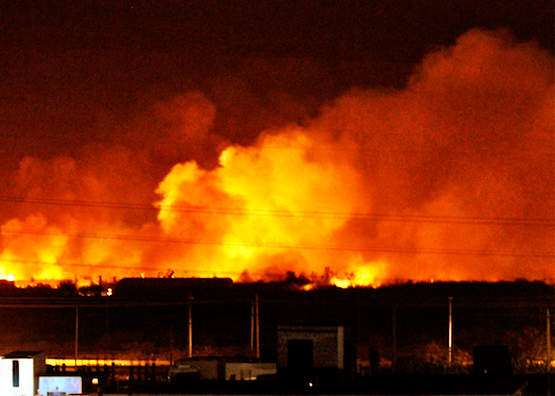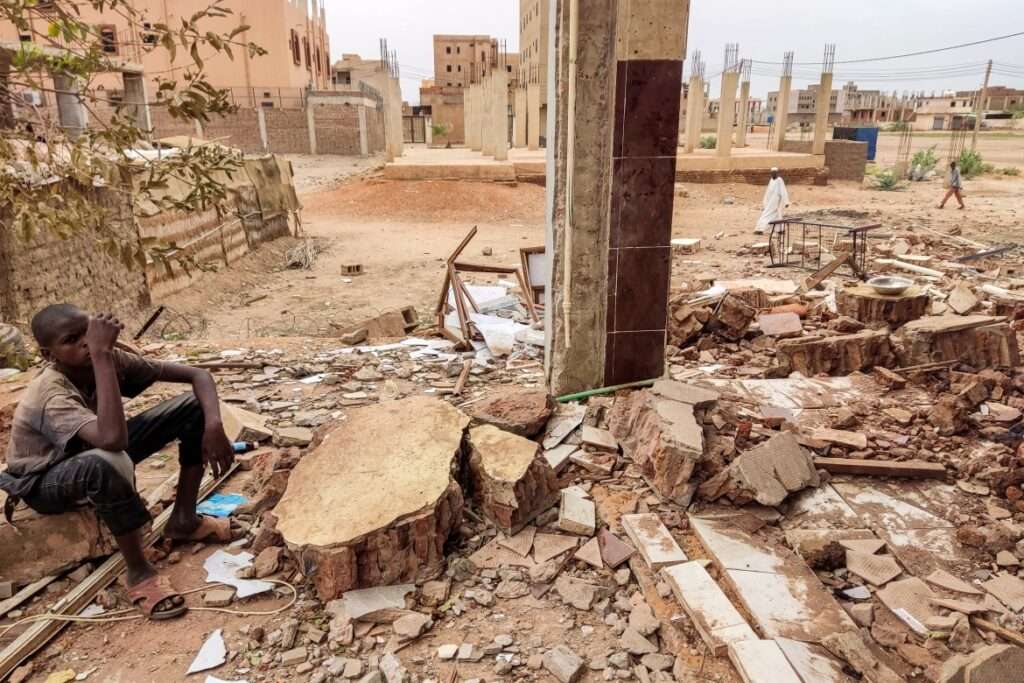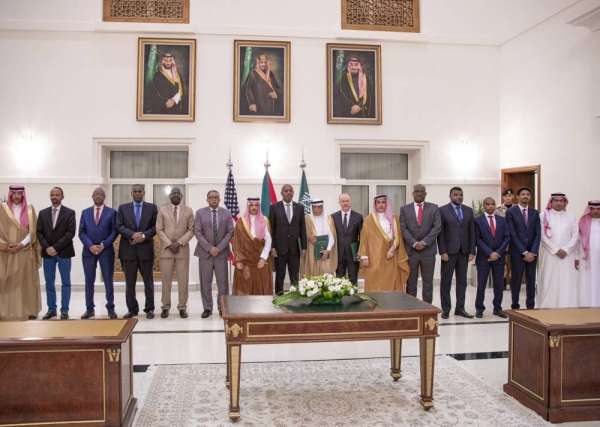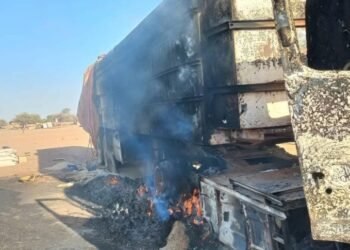Eight weeks of armed conflict in Sudan have destroyed the nation’s hospitals, leaving thousands of people displaced as they attempt to flee the bloody conflict, which has killed close to 2,000 innocent lives. Army leader Abdel Fattah al-Burhan, and his former assistant and supporter, Mohamed Hamdan “Hemedti” Dagalo of the Rapid Support Forces (RSF), are the two formidable adversaries ripping the nation apart.

Both sides had consented to numerous of ceasefires, but they have proven to be nothing more effective, as each truce only provided the citizens of Khartoum with brief breaks from the conflict, not long enough for aid to reach the area or anxious people to flee. In a situation that frequently occurred, residents would describe “the sound of heavy artillery fire” hours after the commencement of the ceasefire.
Meanwhile, some residents of Sudan’s capital have been trapped, in the conflict for eight weeks. Residents in southern Khartoum reported clashes near the Yarmouk military complex, as the Sudanese Army and the Rapid Support Forces (RSF) battle to occupy the armory complex.

Witnesses claimed a large fire broke out, close to the military complex in southern Khartoum, that has an armaments facility. The Sudanese Army has been struggling to secure the complex, in one of its worst fighting for weeks in confrontation with the rival faction, the RSF.
In its eighth week of their conflict with the Army, the Rapid Support Forces (RSF) invaded the vast, strongly guarded Yarmouk complex. The group claimed to have taken control of multiple entry points to the property as well as a storehouse full of weapons and ammunition in videos that were broadcasted earlier on. Residents explained that, the Army attempted to stop the RSF advancements by using airstrikes.

A 12-day ceasefire between the Army and RSF officially ended on June 3, following numerous infractions, and battle has since intensified throughout the three cities that make up Sudan’s broader capital region; Khartoum, Bahri, and Omdurman. “Since yesterday, there has been a violent battle with the use of planes and artillery, clashes on the ground, and columns of smoke rising,” Nader Youssef, a resident of Yarmouk, said.
He said that “any explosion could destroy residents and the entire area” because of the vicinity of fuel and gas tanks. Another local who lives close to the facilities disclosed that, a fire that started in the morning quickly expanded in size before sunset, as explosions were heard loud.
Local activists said that, the bombardment of the fuel and gas depots, have been the cause of the fires, and that residences nearby had been injured by bombardments, and crossfires.
US Sanctions Warring Generals

Following the collapse of a US-Saudi-brokered ceasefire and the army’s complete withdrawal from ceasefire negotiations, which raised concerns that it was getting ready to intensify its attack on Khartoum, Washington imposed sanctions on the two fighting generals last week, holding both accountable for the “appalling bloodshed.”
The arbitrators have requested discussions resume in Jeddah. Abdul Fattah al-Burhan of the Sudanese Army claimed that, the Saudi Foreign Minister, Prince Faisal bin Farhan Al Saud, contacted him to lay out his conditions of the meeting.
Dagalo, on the other hand said that, the top Saudi ambassador called him two days earlier, where he confirmed the RSF’s “support” for talks and “commitment” to guarantee civilian safety and humanitarian assistance.

While claiming to be safeguarding people, both parties have each other of targeting medical facilities, using civilian neighborhoods as shield, and obstructing the delivery of emergency assistance.
However, the United Nations Mission in Sudan reported that “human rights officers are currently documenting dozens of incidents, including killings, arrests, possible disappearances, attacks on hospitals, sexual violence, and other forms of grave violations against children, committed by parties to the conflict.”




















